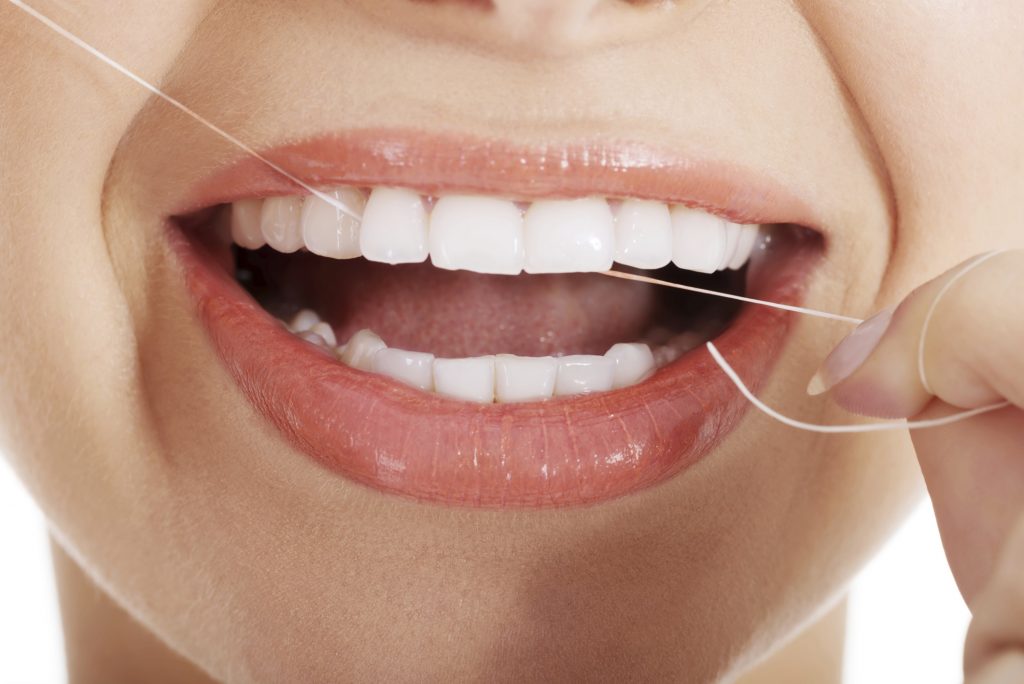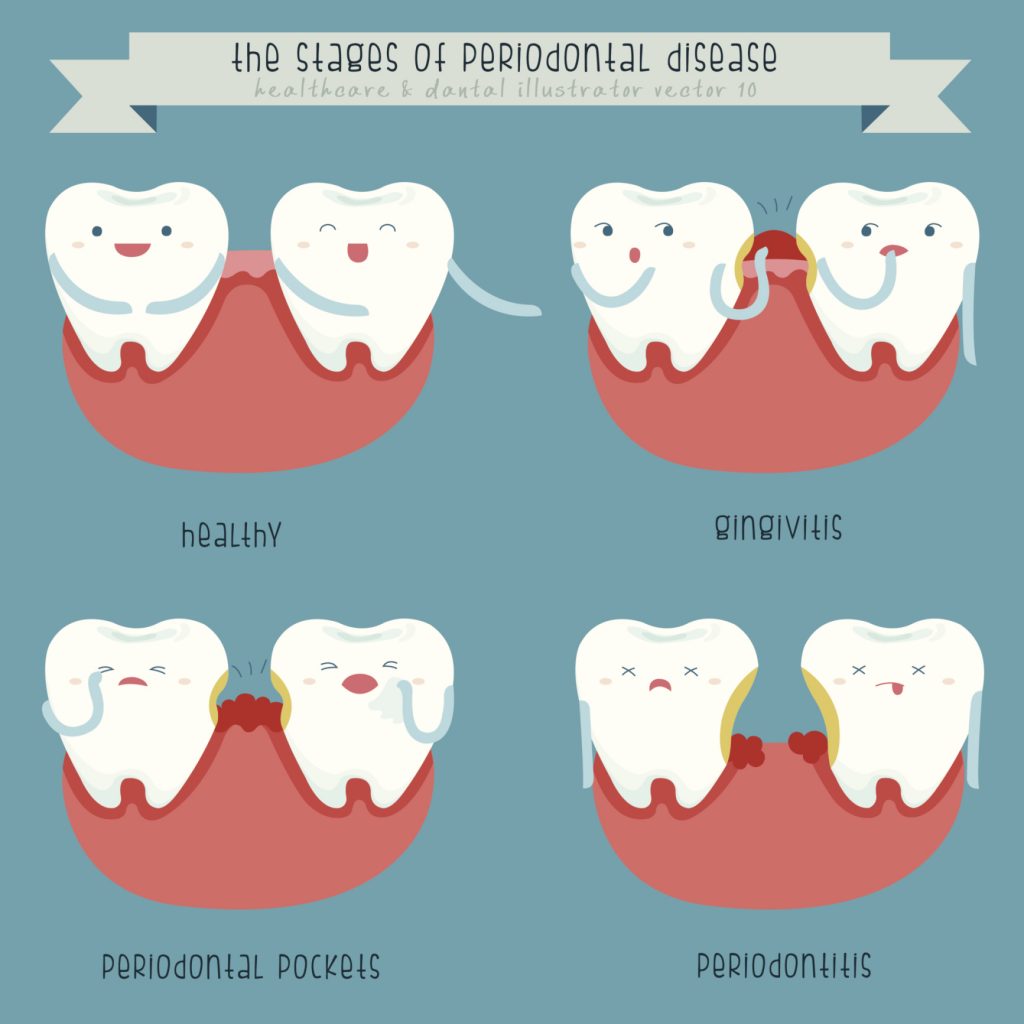
It is important to always do our best to keep good dental hygiene practices. Each day, twice a day for at least two minutes, we use our toothbrush to scrub our mouths of random debris. And we all know that flossing is also a part of this routine, but most of us are less apt to keeping up with this step. But is it necessary to floss each time we brush? The answer is yes. Not only because our dentist can tell but taking care of our teeth is important if we want to keep them for as long as we possibly can. Still not convinced to floss? Here are the main reasons flossing should be implemented into your dental hygiene process.
Better than brushing alone. A toothbrush works to removing plaque with its bristles. Brushing alone has one big drawback: A toothbrush’s bristles can’t adequately clean between the teeth or under the gums. That’s where floss comes in, to get in those tiny spaces between your teeth to get the grime out your toothbrush can’t reach.
Protects your gums. Where the gums and teeth meet are where flossing plays its major role. Particles of food can get lodged here, and plaque in this area will harden over time to form tartar, that your dentist will remove with a scraper. Tartar buildup can lead to gingivitis.
Helps prevent other diseases. Gum disease can have effects that go beyond discolored teeth, discomfort and bad breath. Research has shown that the bacteria in an unhealthy mouth can harm the rest of the body, leading to heart disease, diabetes and respiratory illness.
For more information regarding flossing, contact Drs. Freund and Waterloo today at 847-251-8990 or visit www.villagedentalpc.com.
Drs. Chad Freund and Cathy Waterloo proudly serves Kenilworth and all surrounding areas.

